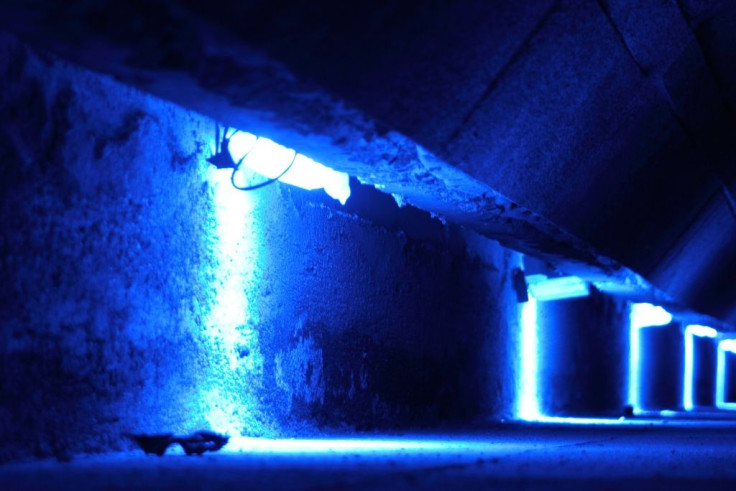Blue Light Improves Alertness And Performance During The Day, Even Though It Reduces Sleep At Night

Tired people everywhere may need not resort to a cup of coffee or an energy drink anymore. That is, if they’re able to expose themselves to an abundance of blue light. A new study finds that short-wavelength blue light — as opposed to white or red — can increase alertness and performance during the day.
Many studies have looked at the effects of using our cell phones into the night on our biological clocks, also known as our circadian rhythms. For the most part, they’ve found that the blue light emitted from our devices blocks production of the sleep hormone melatonin. While it does this, it also activates brain neurons responsible for alertness. It makes sense then, that if we were to expose ourselves to this light during the day, our bodies would be affected in the same way.
“Our previous research has shown that blue light is able to improve alertness during the night, but our new data demonstrates that these effects also extend to daytime light exposure,” said Dr. Shadab Rahman, a researcher in the Division of Sleep Medicine at Brigham and Women’s Hospital, in a press release. Blue light sources include daylight, our devices’ screens, and some energy-efficient bulbs. Blue light has been shown to suppress melatonin for twice as long as green light, while also shifting circadian rhythms by about three hours. For people who are trying to stay up, this should be great news.
For the small study, the researchers tested the effects of both blue and green light in equal amounts on 16 participants for six-and-a-half hours over the course of a day. During their exposure, they wore electrodes around their head, which monitored brain activity patterns. They were then asked to rate how sleepy they felt, and had their reaction times tested. The results were then compared to another 16 participants who went through the same tests at night.
Participants who were consistently exposed to blue light said that they had felt less sleepy, a claim that was proven with their test results. They reacted faster, had fewer lapses in attention on performance tests, and showed brain pattern changes that indicated alertness.
“These results contribute to our understanding of how light impacts the brain and opens up a new range of possibilities for using light to improve human alertness, productivity, and safety,” said Dr. Steven Lockley, a neuroscientist at Brigham and Women’s Hospital, in the press release. “While helping to improve alertness in night workers has obvious safety benefits, day shift workers may also benefit from better quality lighting that would not only help them see better but also make them more alert.”
Source: Rahman S, Lockley S, Flynn-Evans E, et al. Diurnal Spectral Sensitivity of the Acute Alerting Effects of Light. Sleep. 2014.



























